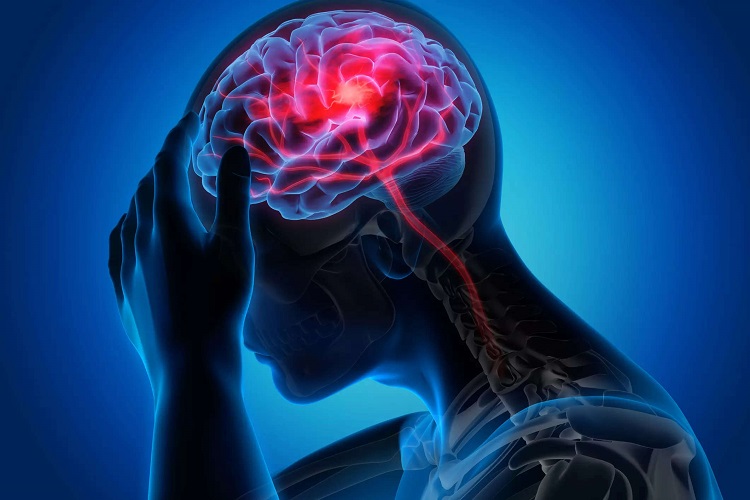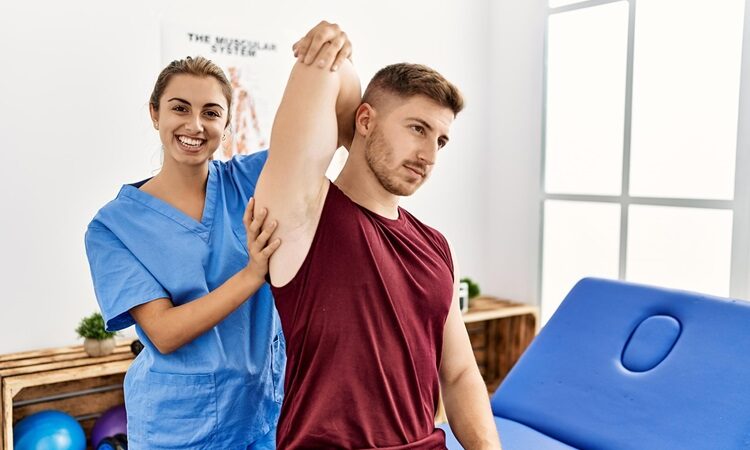What Are The Causes Of Having A Stroke At A Young Age?

Introduction:
Currently, there are no definitive causes for why some people have a stroke at a young age. There is research that suggests sex hormones, certain drugs, and even sleep patterns may play a role in the onset of strokes later in life for those who already have experienced it. Neurological research suggests that sex hormones such as estrogen and testosterone can increase the risk of developing blood clots or reduce the blood flow to arteries supplying oxygen to brain tissue. This means people with high levels of these sex hormones (specifically during puberty) could be at risk for having their first stroke. Also, use of certain drugs has been found by multiple studies to contribute to strokes occurring when they were younger than ages 45-55.
What is a Stroke?
Simply put, a stroke is a reduction of blood flow to the brain. This reduction in blood flow causes a part of the brain to die, due to lack of oxygen and glucose. The longer blood flow is reduced, the more damage is done to brain tissue. This is why people who are having their first stroke are more likely than not older than 55 years old (average age of onset for strokes in this demographic).
Why do young people have strokes?
It could be that they have smaller arteries (making it easier for plaque buildup), higher stress hormone levels (increases chance of clot formation), and aren’t as active as our grandparents were (less exercise increases chance of clot formation). The most important thing to remember is that having a stroke at an early age should not limit your quality of life!
What factors can increase the chance of a stroke?
There are certain factors that have been shown to increase your chances of having a stroke. These include: high blood pressure, digestive issues symptoms, high cholesterol, diabetes, being overweight, smoking and alcohol consumption. Other causes of stroke are:
1) Hormones: Hormones and their effects on the body play a huge role in how you are able to perceive the world and deal with stress. Hormones such as estrogen and testosterone have been shown to increase our risk of having blood clots (known as thrombosis) that can travel to the brain. Studies have linked people who have had strokes at a young age with having high levels of these hormones; especially during puberty.
2) Inflammation: Inflammation is one of the key components that drives chronic diseases. It is also associated with stroke development; however, we do not know exactly why this happens or what causes it.
3) Stress: Stress and its effect on the body have been linked to stroke, primarily for those who have had a minor stroke or TIA (transient ischemic attack). The rise in heart rate and blood pressure that occurs as a result of stress may increase your risk of clot formation. This is why we recommend relaxing techniques such as meditation, yoga, and deep tissue massage.
4) Time of day: Stroke occurs more frequently at night (1:6:1 ratio), when people are sleeping in the morning, or when they are tired from work.
5) Previous Stroke or TIA: Having a previous stroke or TIA has also been found to be a significant factor leading to having another one within 5 years.
What are the symptoms of a stroke?
The symptoms for stroke are similar for someone who’s had one before and for someone who has never experienced it before. They include double vision, confusion, trouble talking or understanding others, loss of balance or coordination and sudden numbness in the face or limbs.
In general, symptoms for a stroke are:
1) Sudden numbness or weakness of the face, arm or leg on one side of the body.
2) Sudden confusion, trouble speaking or understanding speech.
3) Sudden trouble seeing in one or both eyes.
4) Dizziness so severe that you cannot stand without help.
5) Severe headache with no known cause.
6) Sudden severe weakness or numbness in your arm or leg bothering you and lasting longer than a few minutes.
Remedies of Stroke:
1) Take your medication as prescribed.
2) Control diabetes, high blood pressure and high cholesterol.
3) Eat a healthy diet low in fat and cholesterol; see a doctor if you have digestive issues symptoms
4) Get enough sleep on a regular basis and try to avoid long shifts at work.
5) Exercise and keep healthy: Exercise is a good way to decrease stress levels, which may lead to increased clotting risks. If you’re not active, find an activity you enjoy doing to help relieve stress from work or life (volleyball, dancing, running are all great options). There are many exercises that target the muscles in legs, lower back and arms (knee bends).
Conclusion:
It’s important to remember that having a stroke at an early age does not mean there is any reason for you to stop living your life. It does mean, however, that you have the possibility of having a second one before the age of 55.






